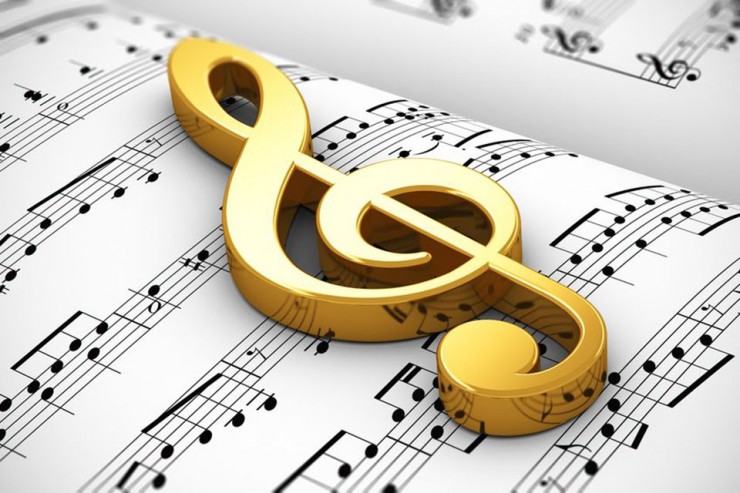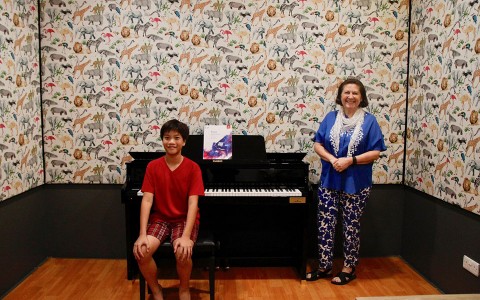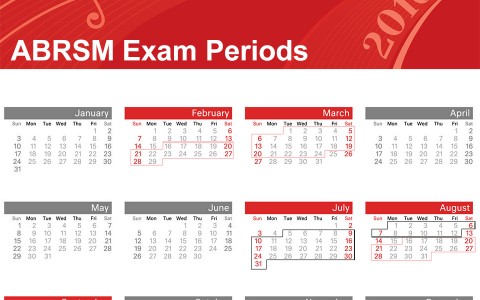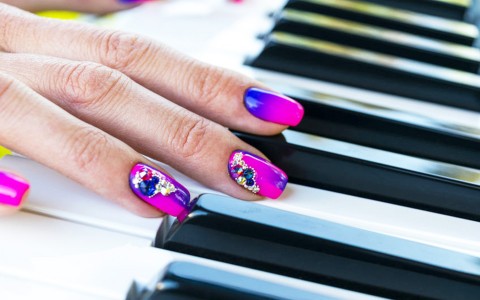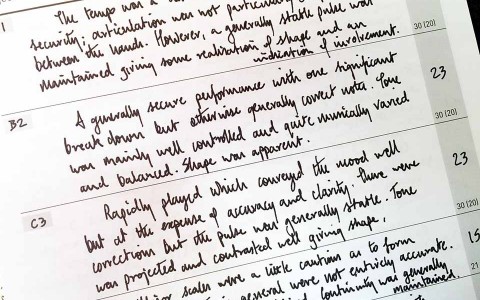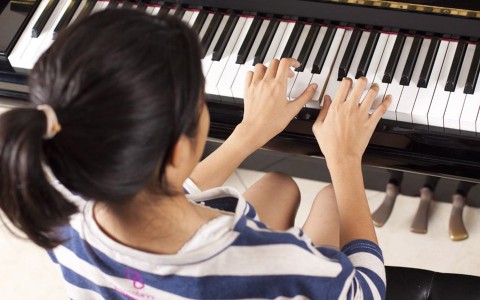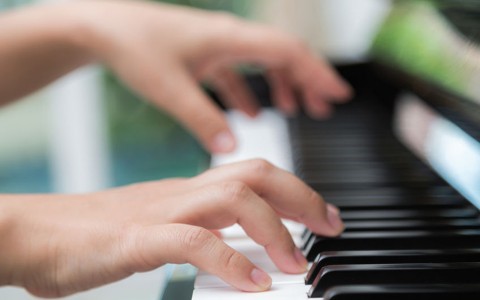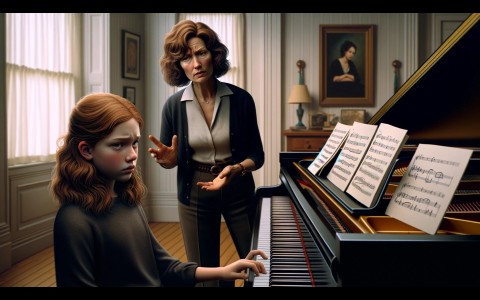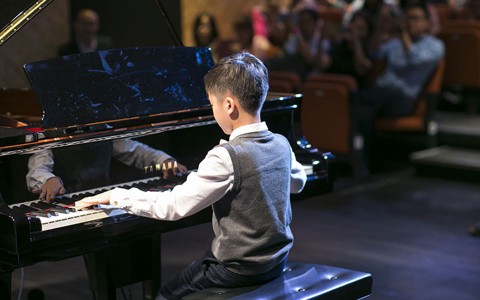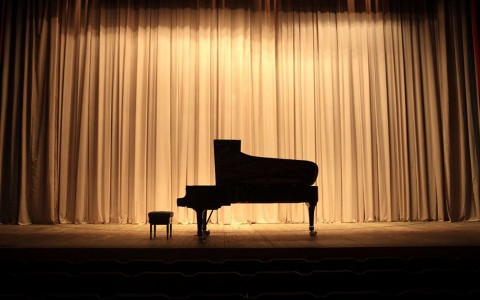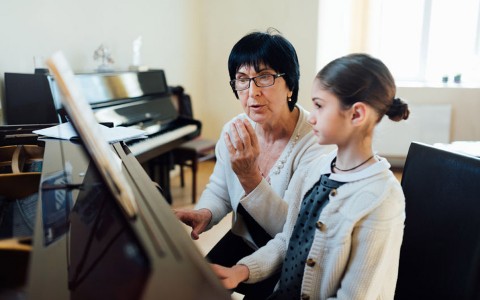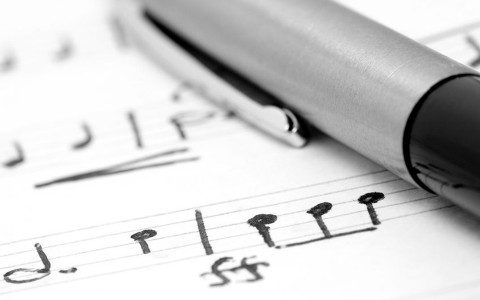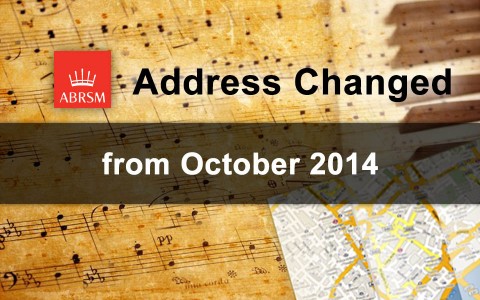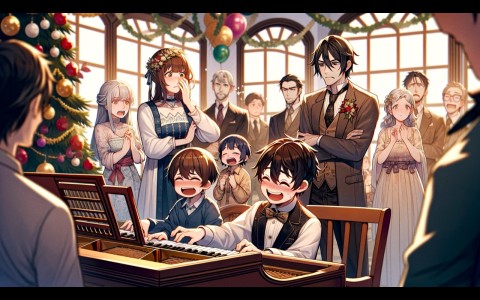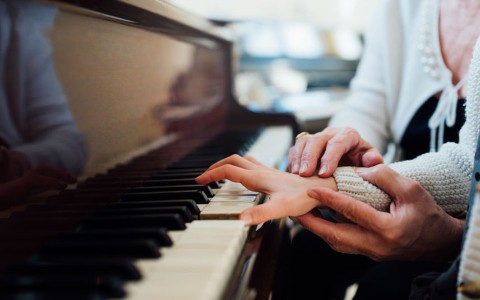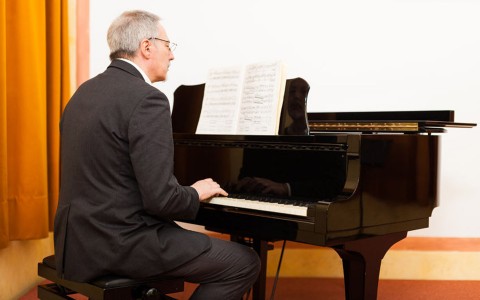When you think of starting piano lessons for yourself or your family, one of the first questions that come to mind might be: What are the piano lesson rates in Singapore? Although indeed, price might seem like an important and practical consideration, there is frequently a lack of understanding that aside from budgeting purposes, there is precious little value in considering the monetary obligation that piano lessons will cost. That is of course assuming that your goal in taking up piano lessons is to augment your musical skills, and not simply to waste time away in experimental finger exercises.
That said; although the amount of hard-earned cash you’re shelling out may not have a direct impact on your ability to transform into a piano virtuoso, it does have an indirect impact in that it may enable you to hire the best piano teachers Singapore has to offer. Although there is no hard and fast rule for the rates piano teachers should charge, piano lesson rates can be used as a general indication of the confidence of a teacher to deliver.
The usual piano lesson rates found in Singapore largely fall within the range of $30 to $90 per lesson, in the context of weekly one-on-one classes. Classes that cost outside of this range would not be difficult to find, however. For example, joining a music school or a private piano teacher that accommodates group tuition is likely to bring the price per student down, while in contrast, piano teachers that are highly sought-after may demand the same fee for half the usual class time. Still, a common fee structure is as follows:
| Piano Grade / Non-Graded Level | SGD / Lesson | Class Duration / minutes |
| Pre-Graded / Beginners | $25 - $40 | 45 |
| One / Beginners | $30 - $45 | 45 |
| Two / Beginners | $35 - $50 | 45 |
| Three / Beginners | $40 - $55 | 45 |
| Four / Intermediate | $45 - $60 | 45 |
| Five / Intermediate | $50 - $65 | 60 |
| Six / Intermediate | $55 - $70 | 60 |
| Seven / Advanced | $60 - $75 | 60 |
| Eight / Advanced | $65 - $80 | 60 |
| Diploma / Advanced | $80 - $100 | 60 |
Note: Practical and theory is rarely charged separately, but separate classes for theory may be required at higher grades.
So, why the wide range in pricing? For a better comprehension of this diversity, one may wish to contemplate the cost from a piano teacher’s point of view. Let’s simplify considerations by categorising them into the familiar areas of What, Why, Where, Who, When, and How, and forgiving the inevitable overlap.
What:
Firstly, the piano teacher has to consider what type of classes he or she wishes to provide. Some private piano teachers may deploy themselves in a similar working manner to full-time professionals, and thus prefer to regulate classes with a structure as close to a music school’s environment as possible. For these, it is often the practice that the number of piano lessons conducted in a year is fixed, and classes that fall on public holidays, or are missed without sufficient notice or grounds for absence, do not entail a replacement. This is similar to the system one is likely to encounter in music schools, where 44 to 46 lessons per year is usually scheduled, although with public holidays factored in so that students do not pay for classes that fall on public holidays. The opportunity to ‘make-up’ missed classes may be offered, but with limitations that will result in forfeiting of the class if one fails to meet conditions such as a deadline.
On the other hand, it is not uncommon to find private piano teachers that are open to a flexible class structure and willing to accommodate ad-hoc piano lessons. These may charge only for piano classes that are completed, but perhaps at a premium.
Why:
Closely related to the earlier point on various types of class structure, piano teachers offer private piano lessons for a variety of purposes as well. Those that rely on private tuition to earn a livelihood will need it to be a reliable source of income, and are thus more likely to impose stricter regulations to ensure steady earnings. After all, even private piano teachers have families to feed.
Yet, for some private piano teachers, tutoring students may be a part-time, optional source of extra income, or a result of mixed impetus from passion, obligation, a means of self-improvement, or even charity. For those thus motivated, they may offer any extent of flexibility they feel within their means, including token payments (if any) as and when convenient. One should bear in mind that all piano teachers are also human; hence arrangements with private piano teachers are more likely to have the potential of being negotiated on an individual basis, as compared to music schools.
Where:
An unavoidable consideration when it comes to piano lessons is the location the piano teacher has to arrive at to perform his or her duties. Many teach out of their own homes, many are also willing to travel to a student’s home, and a few even have their own rented piano studios. It is the piano teacher’s prerogative to decide if the overhead expenses of transport or rent should be incorporated into their fees.
Convenience is such an influential factor to piano lesson rates that most private piano teachers in Singapore will only accept students that are able to comply with their preferred teaching locations; if they are based in a specific location, they will not travel to teach outside of it, and if they do travel, they will not travel too far. Asking for classes outside of their comfort zone is likely to incur charges much higher than the norm.
Who:
This is an important question that piano teachers will have to ask both of themselves and of the student. If the piano teacher has a commendable track record of successful students, extensive specialised experience, or a long list of educational qualifications obtained after years of painstaking study and personal cost, it would make little economic sense not to request higher fees. The better the reputation of the piano teacher, the more the students will come knocking at the door, and increasing piano lesson rates is part of the natural development of growing prominence for both piano teacher and student.
The quality of a student is also an issue a teacher has to reckon with. The more advanced a student, the more is demanded of a teacher. This explains the raise in lesson rates corresponding to piano levels, especially as the number of piano teachers with higher credentials than the student will obviously diminish as the student progresses. For most piano teachers, a minimum fee increment of $5 per lesson when students advance to the next higher piano grade is charged, although this varies greatly depending on the piano teacher’s qualifications.
When:
In the same vein as the abovementioned point of student quality, students come from all walks of life, which may affect a piano teacher’s ability to impart lessons for a fair remuneration. Some students may elect to remain with the same piano teacher for their entire music education, and piano teachers may encourage this by keeping fees as stable as possible for the preferred student.
Students with pressing family, travel or work commitments may be unable to maintain regular piano lessons, which is an inconvenience to piano teachers asked to cater to their unpredictable schedules. This is particularly common in the case of adult students. If a piano teacher reserves a time slot for such students, the piano teacher would lose the income whenever the student does not show up. As a result, piano teachers are likely to charge higher fees for students with lower levels of commitment and less frequent attendance.
How:
Last but not least, one has to consider the pedagogy itself – How a piano teacher teaches. This in fact, should be the foremost concern. However, teaching effectiveness is often the most intangible and difficult to verify outside of empirical evidence. Even among experienced educators, a period of trial and error is often necessary to achieve repeatable results, as what works in one teacher-student relationship may not work for another pair, much like match-made marriages.
Despite all the earlier references made to qualifications, the musical training a piano teacher undergoes may not necessarily translate into the ability to teach, and therefore piano lesson rates are not always proportional to the quality of teaching. The overall success of the methodology used by a piano teacher will vary depending not only on his or her past training and ongoing professional development, but also on a multitude of other elements such as the piano teacher’s history, character and personality, all of which are impossible to certify. Should an art like music even be graded or judged based on certifications?
There are piano teachers that can set you on the path to becoming a brilliant musician, without themselves being one. Remember that you don’t need a piano teacher that will help keep wallets fat by compromising on standards, nor a celebrity piano teacher that boosts ego but nothing else; choose instead a piano teacher that will recognise your goals and help you realise your own musical greatness.
